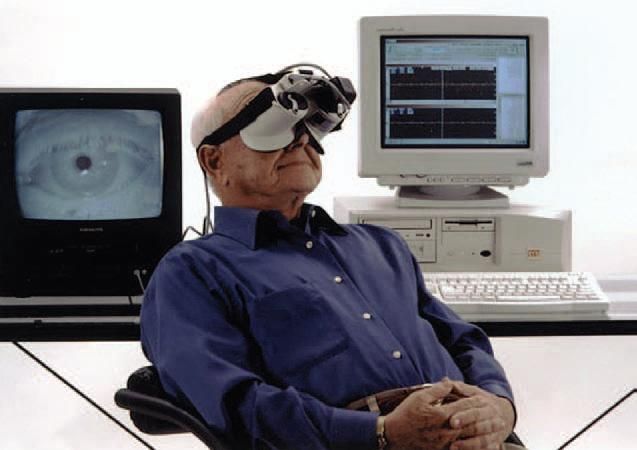Vertigo Clinic
The word vertigo is derived from the Latin phrase verto, which means, “to revolve”. Vertigo is a false sense of motion, spinning or feeling of imbalance. Sufferers often call it dizziness, imbalance, light-headedness or “chakkar aana (vertigo meaning in hindi)”.
Often the imbalance is associated with nausea, vomiting or unsteadiness on walking. It may worsen when you move your head. Vertigo and dizziness are common complaints presented by patients to doctors of all specialties, and they affect all age groups. It is a fact that 20-40% people are affected by dizziness at some point in time in their life; but it must be noted that vertigo is not a disease. It is only a symptom of a disorder. Therefore, suppressing the symptom is not the solution. Proper diagnosis of what is causing vertigo/dizziness is possible only when the doctor makes a systematic evaluation. A neuro-otological workup alone will help to find out if a vertigo patient is suffering from disorders like BPPV, Meniere’s Disease, Vestibular Neuritis, Labyrinthitis, Acoustic Neuroma, Otolith Dysfunction, Vestibular Migraine, Central Vestibulopathy or psychogenic disorders.
Different disorders causing vertigo have different presentations and require diverse treatment protocols. A correct diagnosis will enable the doctor to offer the right treatment, which is the only way to give the patient lasting benefit.
Symptoms of Vertigo / Dizziness
Patients suffering from persistent or intermittent dizzy spells usually describe their symptoms as though they are:
- Spinning
- Swaying
- Tilting
- Feeling unsteady or imbalanced
- Falling
- Dizzy
Vertigo patients may also complain of nausea, difficulty in focusing on moving objects, headaches, change in hearing or ringing in the ears, and difficulty in concentration. Their symptoms can come and go and can range from a few seconds to minutes, hours, even days.
We are using cutting-edge technology in India to conduct proper diagnosis of vertigo and its cause & ultra-modern differential dizziness diagnosing devices to evaluate symptoms and severity of dizzy spells in real-time on an innovative assessment platform.

Tests are done on diagnostic devices such as, Videonystagmography (VNG), Craniocorpography (CCG), Subjective Visual Vertical (SVV), computerised Dynamic Visual Acuity (DVA) and VEMP to identify the cause of the balance disorder in the patient.
Each cause of vertigo needs a different treatment and management approach. We have a great team of Doctors electorophysiological technicians and physiotherapist to cater to individual needs of each patient.
